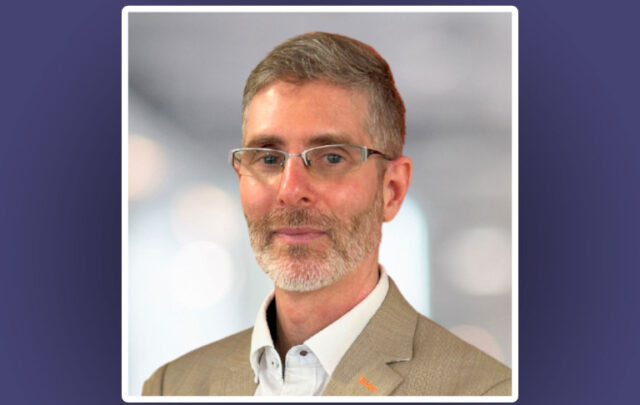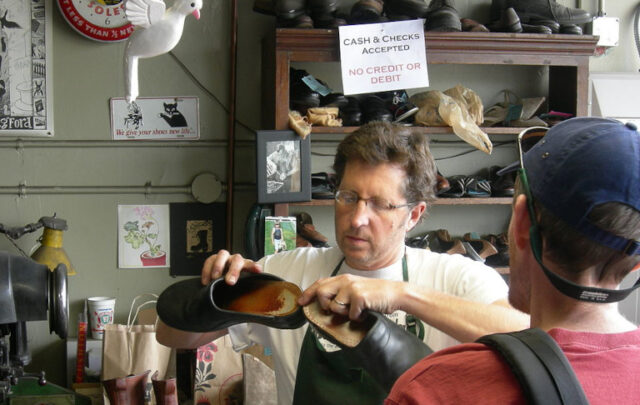A few days ago I gave a keynote address to the International Society for Ecological Economics which was held in Bremen, Germany. First time teleconferencing for a keynote, which was a nice, minimal carbon way to get the message out. Afterwards, people in the audience asked for some more detail on high-tech self-providing. Here’s my answer to them, which is also available at http://www.thebrokeronline.eu/en/Online-discussions/Blogs/Global-green-e…
I argued that to reduce ecological footprint and solve the unemployment crisis, hours of work should be reduced. This shares the available work and reduces pressure on eco-systems. The additional time off work available to households can then be deployed to what visionary philosopher Fritjhof Bergmann has called high-tech self-providing. That is, people make and do for themselves in areas such as food, shelter, energy, clothing and small manufactures. The high tech dimension is that the methods of production used require sophisticated knowledges and skills and in many cases, computers and other high-technology machinery. With HTSP, small scale production is high productivity and therefore sensible to undertake in an advanced modern economy.
The high tech self-providing economy is one that has a great deal of initial appeal, but also raises many questions. Is it really possible that people could go back to doing so much for themselves? Is it a viable option for the unemployed? What can be done to promote such a model?
The answer to these questions is yes, this is a viable model. Once households and individuals have time available to engage in it, the way to accelerate its adoption most quickly is to organize it at a community level. Bergmann has been active in Germany for many years, encouraging what he has termed New Work Centers. These community gathering places were initially aimed at the unemployed, who were time rich and cash poor. The centers purchase the machinery needed for some of the HTSP activities, such as the small-scale manufacturing technologies. (One version of these is the “fabrication laboratory,” pioneered at MIT in the US, which is a complementary set of small-scale machines that can be programmed and used to make small numbers of almost any kind of simple manufactured item.) Centers can also be used to house lower-tech tools for woodworking, sewing, etc. and they are also centers for skill development. Workshops, classes, talks and informal skill development activities take place at centers. They serve as nodes of networks of people who are practicing self-providing (of the high and low tech variety). By bringing people together who are involved in these activities, centers lead to faster adoption of this way of life, both because it becomes socially normative and because of the practical advantages of learning that are possible in a communal setting. Such centers also build social capital, and with it the potential to be organized for political change.
In coming years, the economics of HTSP are likely to improve, for two reasons. First, fabrication technology and practice and other high-knowledge ways of production such as permaculture are being refined and improved on a continual basis. The extra work required by early adopters will be lessened over time. The transmission of knowledge and machinery will become more routinized and easier. These ways of producing things will become more feasible for those who are technologically less adept. Second, with economic stagnation and high unemployment likely to continue, and income growth predicted to be low, the financial benefits to individuals will increase. When households have surplus time and are short on cash, self-providing becomes a more intelligent way to meet needs than in eras of plentiful market work and easy money.
Finally, HTSP is also a high satisfaction way to spend time. In contrast to more passive or spectatorial methods of entertaining oneself, self-providing activates our creative impulses. That in turn creates deep satisfaction and happiness. In the end, the joys of making and doing may turn out to be the most important factor promoting a return to this way of life.






